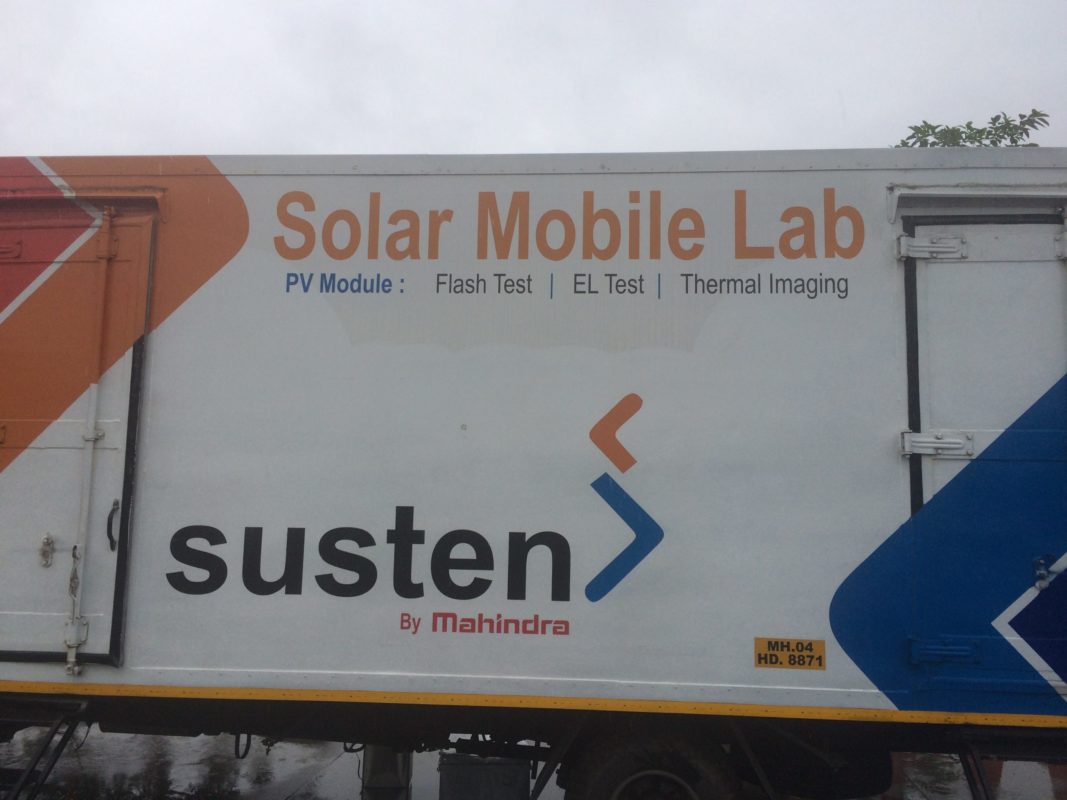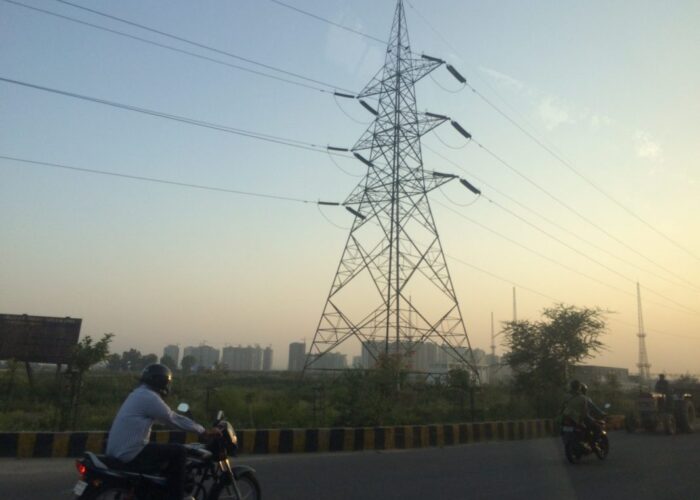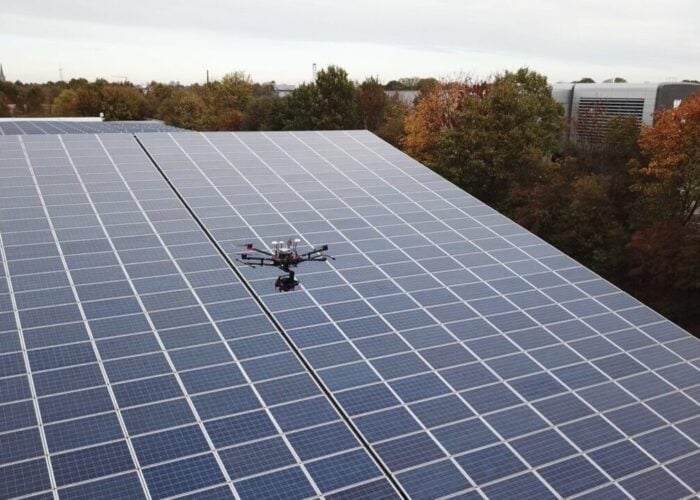
Mahindra Susten has launched what it claims to be India’s first mobile PV lab as quality standards are set to be brought in and some third-party solar projects see significant module performance drops across the country.
Speaking to PV Tech at the REI Expo near Delhi, Satish Pandey, head, performance analytics and PV testing, Mahindra Susten, said: “The main reason behind this is after one year or two years the module performance is degraded drastically, particularly in India.”
Try Premium for just $1
- Full premium access for the first month at only $1
- Converts to an annual rate after 30 days unless cancelled
- Cancel anytime during the trial period
Premium Benefits
- Expert industry analysis and interviews
- Digital access to PV Tech Power journal
- Exclusive event discounts
Or get the full Premium subscription right away
Or continue reading this article for free
He said that the quality of modules coming into India even today can be low. During field testing as a third-party, the firm has observed some projects with supplied modules degrading up to 10% just in the first year. Meanwhile, several other projects have seen modules operate within the warranty limit for two years before degrading as much as 8% just in the third year and these are all modules supplied by tier-one manufacturers.
The new test lab has three main applications:
- Flash test – or Sun Simulator – to record the module power in similar conditions to that of the module manufacturer
- Elector luminescence (EL) testing to find micro-cracks and cell cracks
- Thermal inspection to test the module for hotspots or diode defects
The company has just one lab to date, but depending on market response, will consider developing more to cover the whole of India.
Pandey said response from industry has been good so far and the Lab has applied for accreditation from NABL (National Accreditation Board for Testing and Calibration Laboratories – an autonomous body under the aegis of Department of Science & Technology), and has also approached the Ministry of New and Renewable Energy (MNRE) for the empanelment of the laboratory, which would allow Indian solar industry asset owners to make the most of the lab results. Pandey was confident that Mahindra will see positive results on both shortly.
MNRE also recently confirmed that new quality standards would be brought in in 12 months’ time, which will make it mandatory for every EPC player to do onsite testing. The mobile lab, which is compatible for all technologies, allows for onsite testing and removes damage from transportation risks as well as giving transparency to the owner who can witness the tests.
This article has been updated to clarify the accreditations that were applied for.






